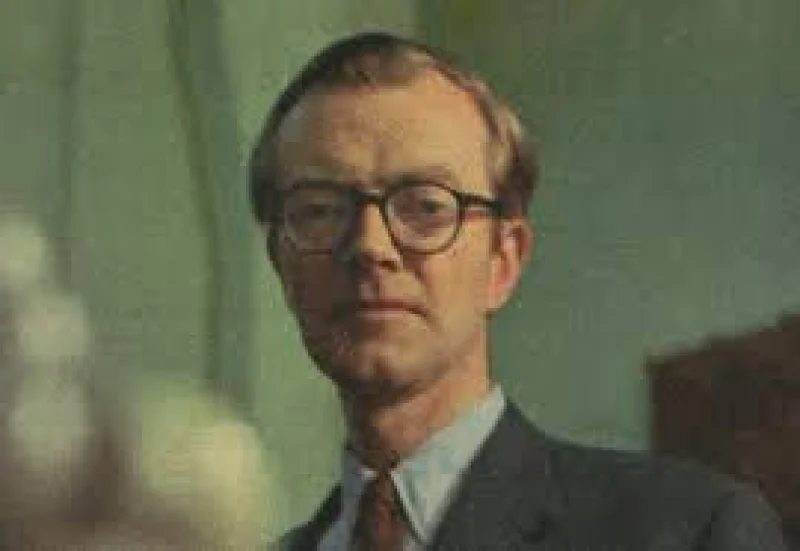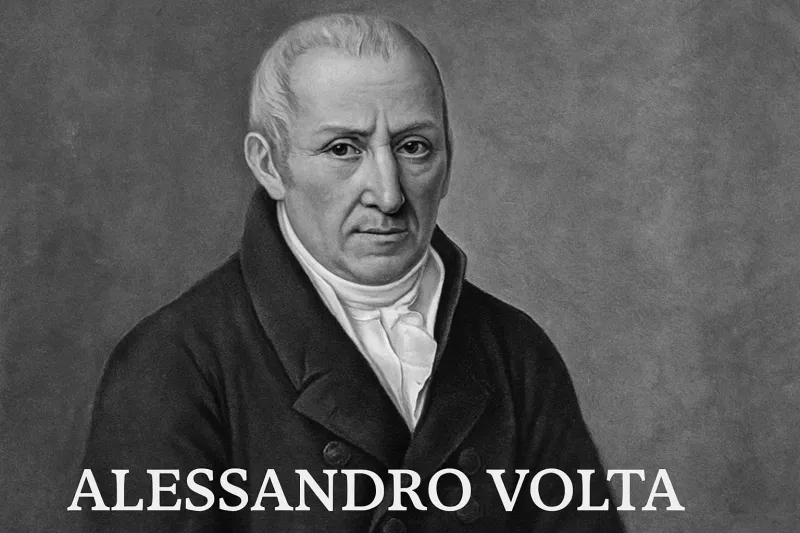Short Summary
Sigmund Freud was an Austrian neurologist who founded the discipline of psychoanalysis, a clinical method for treating psychopathology through dialogue between a patient and a psychoanalyst. He is renowned for his theories of the unconscious mind, the mechanisms of repression, and the concept of the psyche divided into the id, ego, and superego. Freud's work has profoundly influenced psychology, psychiatry, and even popular culture, making him one of the most famous figures in the history of psychology.
Early Life & Education
Sigmund Freud was born on May 6, 1856, in Freiberg, Moravia, now the Czech Republic, to Jewish parents. His family moved to Vienna, Austria, when he was four years old. Freud was an excellent student, demonstrating a keen intellect from a young age. He attended the University of Vienna, where he studied medicine and specialized in neurology. During his education, he was influenced by the works of Jean-Martin Charcot and Josef Breuer, who introduced him to the study of hysteria and hypnosis, pivotal in shaping his later theories on the unconscious mind and psychoanalysis.
Career Highlights
Freud began his medical career at Vienna General Hospital, eventually setting up a private practice in 1886, specializing in nervous and brain disorders. His collaboration with Josef Breuer led to the development of the "talking cure," a precursor to psychoanalysis. In 1899, Freud published "The Interpretation of Dreams," which introduced his theories on the unconscious mind. By the early 20th century, he had established a circle of followers, forming the Vienna Psychoanalytic Society. Freud's lectures and writings, including "Three Essays on the Theory of Sexuality" and "Beyond the Pleasure Principle," solidified his reputation as a leading figure in psychology.
Major Achievements
- Founded psychoanalysis, transforming the understanding of human psychology through a new therapeutic approach.
- Developed the theory of the Oedipus complex, offering insight into the psychological development of children.
- Introduced the concept of the unconscious mind, revolutionizing the study of human behavior and mental processes.
- Authored numerous influential works, including "The Interpretation of Dreams" and "Civilization and Its Discontents."
- Established the International Psychoanalytic Association, promoting the study and practice of psychoanalysis worldwide.
Famous Quotes
- "The interpretation of dreams is the royal road to a knowledge of the unconscious activities of the mind."
- "Sometimes a cigar is just a cigar."
- "Unexpressed emotions will never die. They are buried alive and will come forth later in uglier ways."
Interesting Facts
- Freud was initially interested in studying law before choosing medicine.
- He was an avid collector of antiquities, which he used to decorate his consulting room.
- Freud's theories on sexuality and childhood development were considered controversial during his time.
- He fled to London in 1938 to escape the Nazi regime in Austria.
- Freud was nominated for the Nobel Prize in Physiology or Medicine multiple times but never won.
Legacy / Influence
Freud's legacy is vast, influencing not just psychology but also art, literature, and philosophy. His theories provided a new framework for understanding human behavior and the mind, shaping modern psychotherapy and psychoanalytic practice. Despite controversy and debate over some of his ideas, his contributions remain pivotal in the study of the human psyche, and his work continues to inspire and provoke discussion among scholars and practitioners worldwide.
FAQ
Q: Why is Sigmund Freud famous?
A: He is famous for founding psychoanalysis and his theories on the unconscious mind, repression, and the structure of the psyche.
Q: What is the Oedipus complex?
A: It is a psychoanalytic theory suggesting a child's unconscious desire for the opposite-sex parent and jealousy toward the same-sex parent.
Q: Did Freud win a Nobel Prize?
A: No, although he was nominated several times, he never received the Nobel Prize.
Q: Where did Freud spend his final years?
A: He spent his final years in London, having fled there to escape the Nazi regime in Austria.













